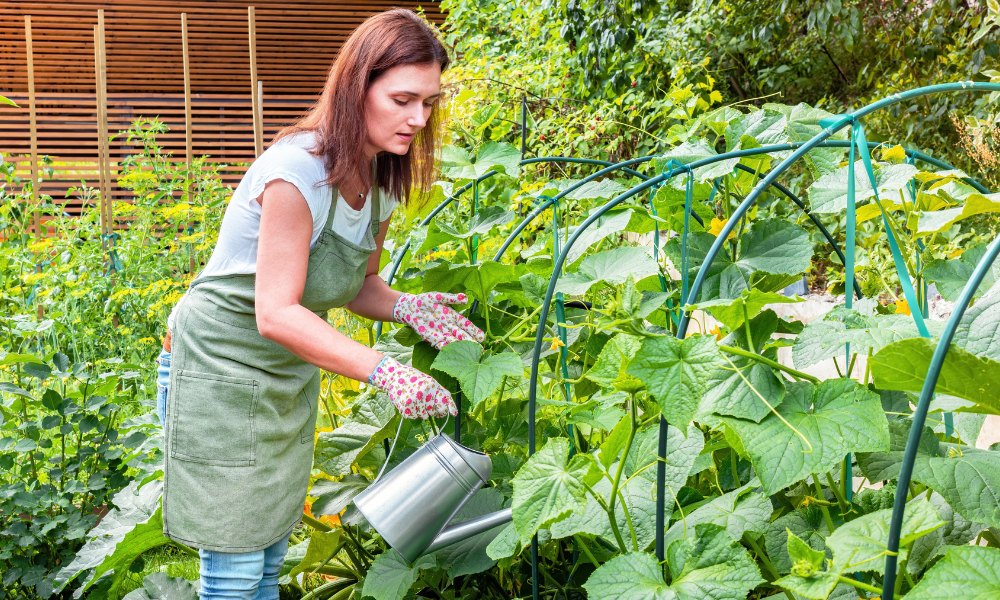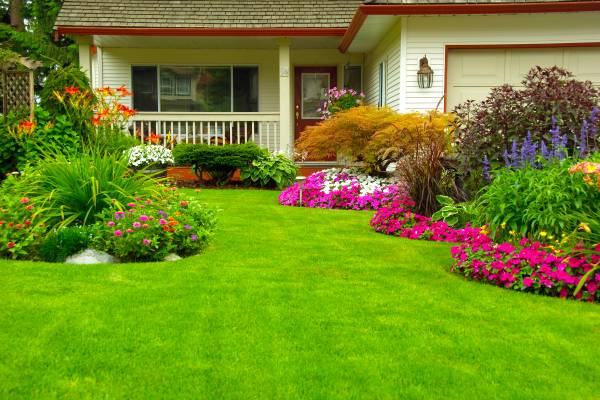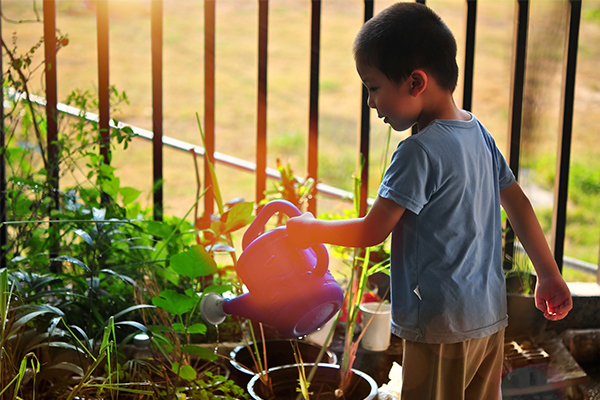
Gardening is a rewarding activity that not only provides fresh produce but also promotes healthy living. However, traditional gardening practices often involve the use of synthetic fertilizers and pesticides, which can harm the environment and human health. Organic gardening, on the other hand, is a sustainable and natural approach to growing plants without the use of harmful chemicals. In this article, we will discuss the benefits of organic gardening and how to cultivate a chemical-free and healthy garden.
The Benefits of Organic Gardening
Organic gardening has several advantages over traditional gardening, including:
- Healthier produce: Organic gardening produces fruits and vegetables that are free from harmful chemicals, making them safer and healthier to consume.
- Environmental protection: Organic gardening practices promote biodiversity and protect the soil, water, and air from pollution and erosion.
- Cost-effective: Organic gardening can save money in the long run since it eliminates the need for expensive synthetic fertilizers and pesticides.
- Sustainable: Organic gardening is a sustainable practice that promotes self-sufficiency and reduces dependence on fossil fuels and other non-renewable resources.
Cultivating a Chemical-Free and Healthy Garden
Here are some tips for cultivating a chemical-free and healthy garden:

1. Start with healthy soil
The foundation of a healthy garden is healthy soil. Organic gardeners use compost, manure, and other natural fertilizers to enrich the soil and promote the growth of beneficial microorganisms. Testing the soil pH and fertility levels can also help determine the specific needs of your garden.
2. Choose organic seeds and plants
Organic seeds and plants are grown without the use of synthetic fertilizers and pesticides. Choosing certified organic seeds and plants ensures that your garden is free from harmful chemicals from the start.
3. Practice crop rotation
Crop rotation is the practice of alternating the types of plants grown in a particular location each year. This helps prevent soil-borne diseases and pests from building up in the soil, reducing the need for chemical pesticides.
4. Use natural pest and disease control methods
Organic gardeners use a variety of natural pest and disease control methods, such as companion planting, beneficial insects, and homemade remedies like garlic spray and neem oil. These methods are effective and safe for the environment and human health.
5. Water wisely

Water is a precious resource, and organic gardeners use techniques like drip irrigation, rainwater harvesting, and mulching to conserve water and reduce runoff.
6. Maintain a healthy garden ecosystem
A healthy garden ecosystem includes a variety of plants, insects, and other organisms that work together to promote plant growth and soil health. Organic gardeners avoid using chemicals that can harm beneficial insects and disrupt the natural balance of the garden ecosystem.
Organic gardening is a sustainable and natural approach to growing plants that promotes healthy living and protects the environment. By following these tips for cultivating a chemical-free and healthy garden, you can enjoy the benefits of fresh produce while reducing your impact on the planet.

